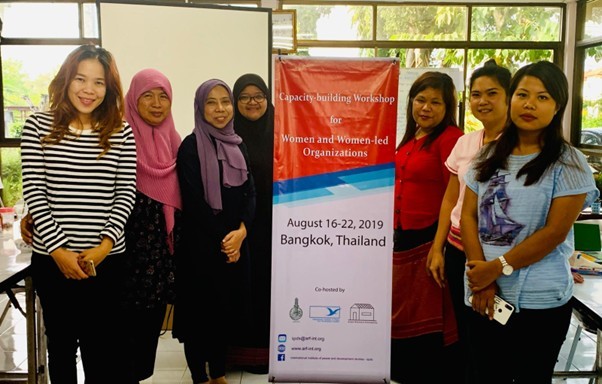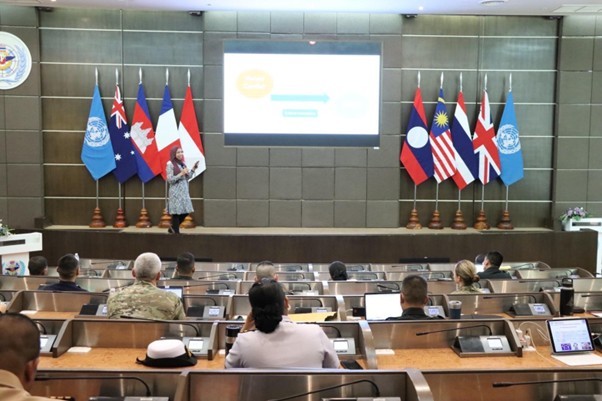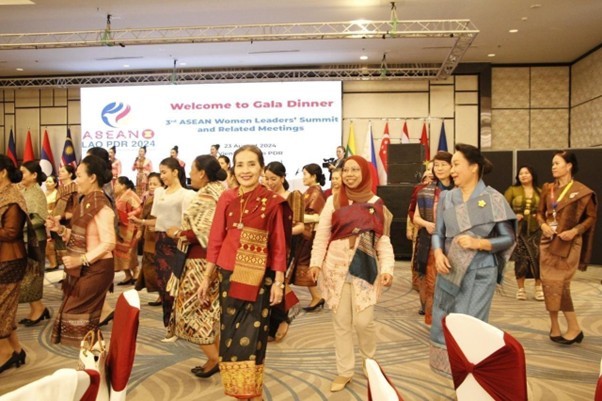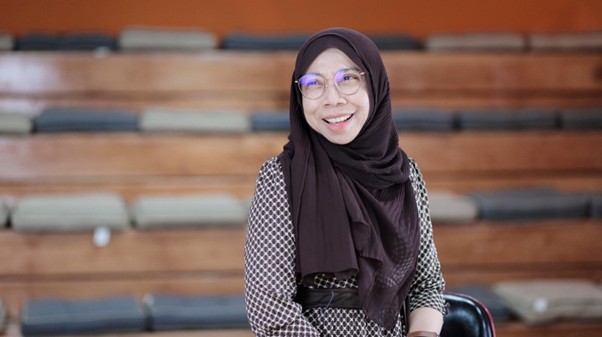Dr. Amporn's Perspective on International Women's Day 2025: Women's Role In Peace Process - Rebuilding Lives And Restoring Hope
In celebration of International Women’s Day, observed throughout the month of March, ASEAN-IPR had the privilege of interviewing Dr. Amporn Marddent, a member of the ASEAN Women for Peace Registry (AWPR) from Thailand and an Assistant Professor of Anthropology at Thammasat University.
ASEAN-IPR conversed with her regarding women, peacebuilding, and her reflections on the 2025 International Women’s Day theme: “For Every Woman and Girl: Rights, Equality, Empowerment.”
Check out this transcript from our discussions as we delve into her compelling views, shedding light on the role of women in fostering peace and advancing gender equality.
How does it feel to be a woman in this day and age? Please describe in three (3) words.
Proud, carrying, and never stop being beautiful.
To explain “proud”, we are proud to be women. We were born into the world that full of expectations, and we, as women, have fulfilled many of the responsibility that affect who we are. We have made our presence known in this world.

Secondly, “carrying”. Women are the ones who carry everything. In Thai, some of us even joke that we are Nang Baek (นางแบก), which means “Burden-Bearing Woman”. Especially for those whose shoulder are full of responsibilities, we carry burdens, hardships and also countless obligations.
Third, despite all of this, we never stop being beautiful. We continue to radiate beauty and shine in our own ways. Beauty comes not only from the appearance, but also from the efforts, from the strength, and also from the heart that refuses to give up. Even when we are so exhausted, for me, Nang Baek, we still carry it all.
Why do you think peace is important, especially for women to be involved in all aspects of peacebuilding?
In my perspective, peace is a space where women can finally breathe deeply. It is a kind of life where we no longer have to live in fear. After all, no one wants to wake up every day to face violence, live in conflict, or experience injustice.

In our world, it is evident that women are deeply impacted by conflict, yet they rarely have the chance to help and decide a solution.
Women bring healing, creative perspectives, a long-term mission to the peace process. When women are at the table, peace is no longer just about stopping violence – it is also about rebuilding lives and restoring hope.
And we have learned so much from many women in our studies and in our world, particularly for those who are active in what peace scholars or peace diplomats call Track 3. This group of women has often risen above victimhood. No one wants to stay trapped in that cycle of abuse or violence.
But as we move up to Track 1, Track 1.5 and Track 2, women's participation become less available. They are frequently underestimated, overlooked, and dismissed as not capable enough.
Yet, in so many places around the world, including in our region, Southeast Asia, we have proven that women are capable, and they have succeeded.
Positive peace cannot move without women. This is what I have learned why women must be involved in all aspects of peacebuilding.
When you hear the theme “For All Women and Girls: Rights, Equality, Empowerment” – How do you understand this slogan to be relevant to the situation of women and girls in your country, for the region, and globally?
It is a reminder that there are still countless women and girls who are denied their opportunities, whose rights are violated, and whose worth is diminished, no matter who they are or where they live.
Here in Thailand, many women are still excluded from many opportunities and lack basic safety.
We are currently in the process of reviewing our Gender Equality Act, and at the same time, we have adopted many key international conventions.
Of course, we are excited to welcome and look forward to the draft of the National Action Plan on Women, Peace and Security.
Across Southeast Asia and the world, gender equality has yet to fully shift. Gender inequality remains widespread, but there are ongoing efforts to raise awareness and drive change. Gender equality remains one of the biggest challenges that we must work together to solve this problem.

Do you have a closing statement or a wish for this year’s International Women’s Day?
It is a reminder that there are still countless women and girls who are denied their opportunities, whose rights are violated, and whose worth is diminished, no matter who they are or where they live.
Here in Thailand, many women are still excluded from many opportunities and lack basic safety.
We are currently in the process of reviewing our Gender Equality Act, and at the same time, we have adopted many key international conventions.
Of course, we are excited to welcome and look forward to the draft of the National Action Plan on Women, Peace and Security.
Across Southeast Asia and the world, gender equality has yet to fully shift. Gender inequality remains widespread, but there are ongoing efforts to raise awareness and drive change. Gender equality remains one of the biggest challenges that we must work together to solve this problem.
******




